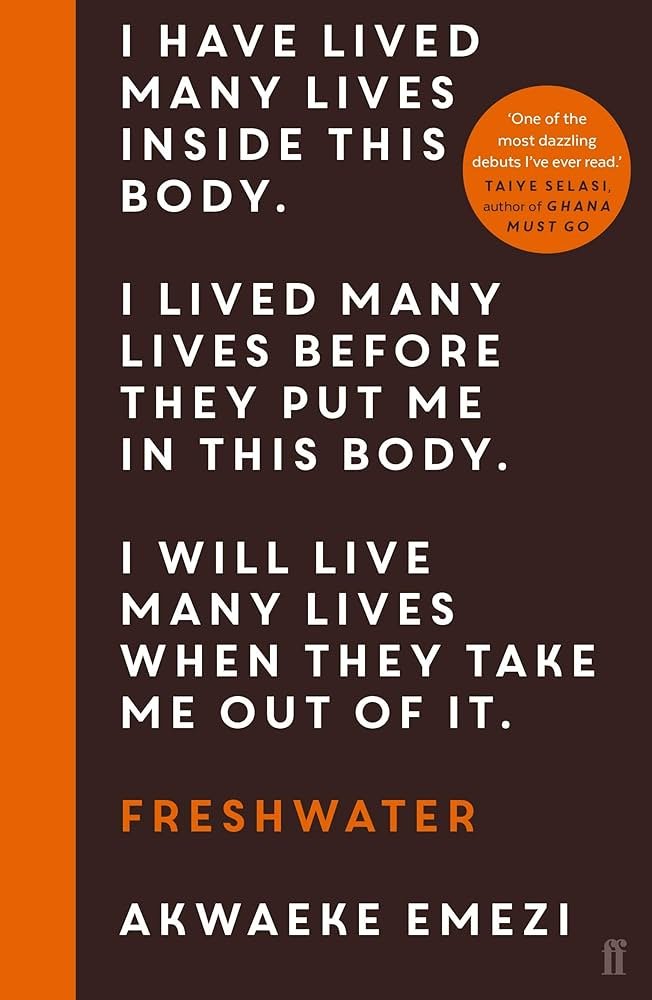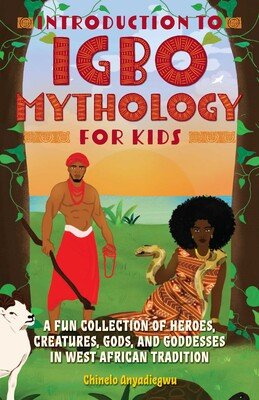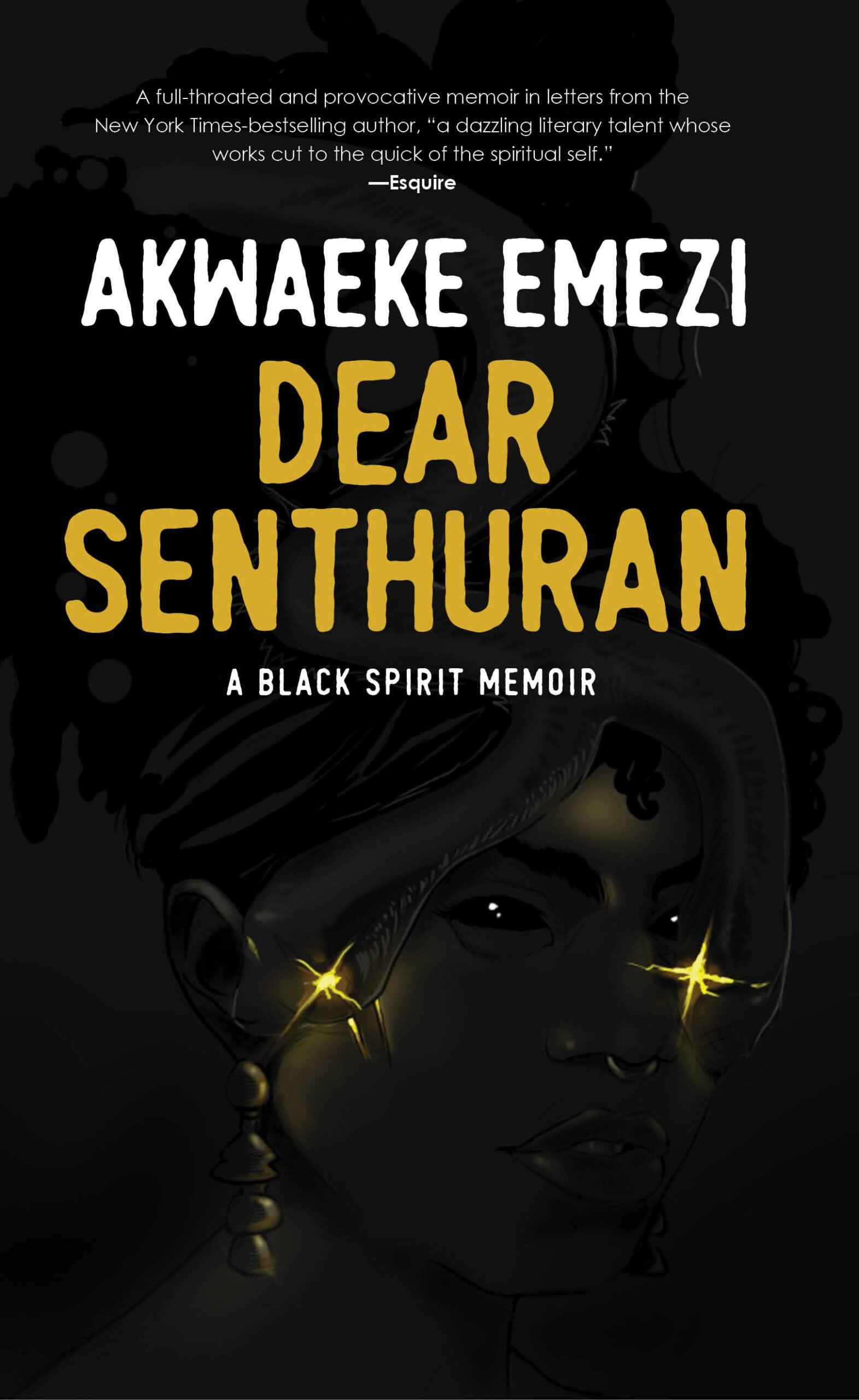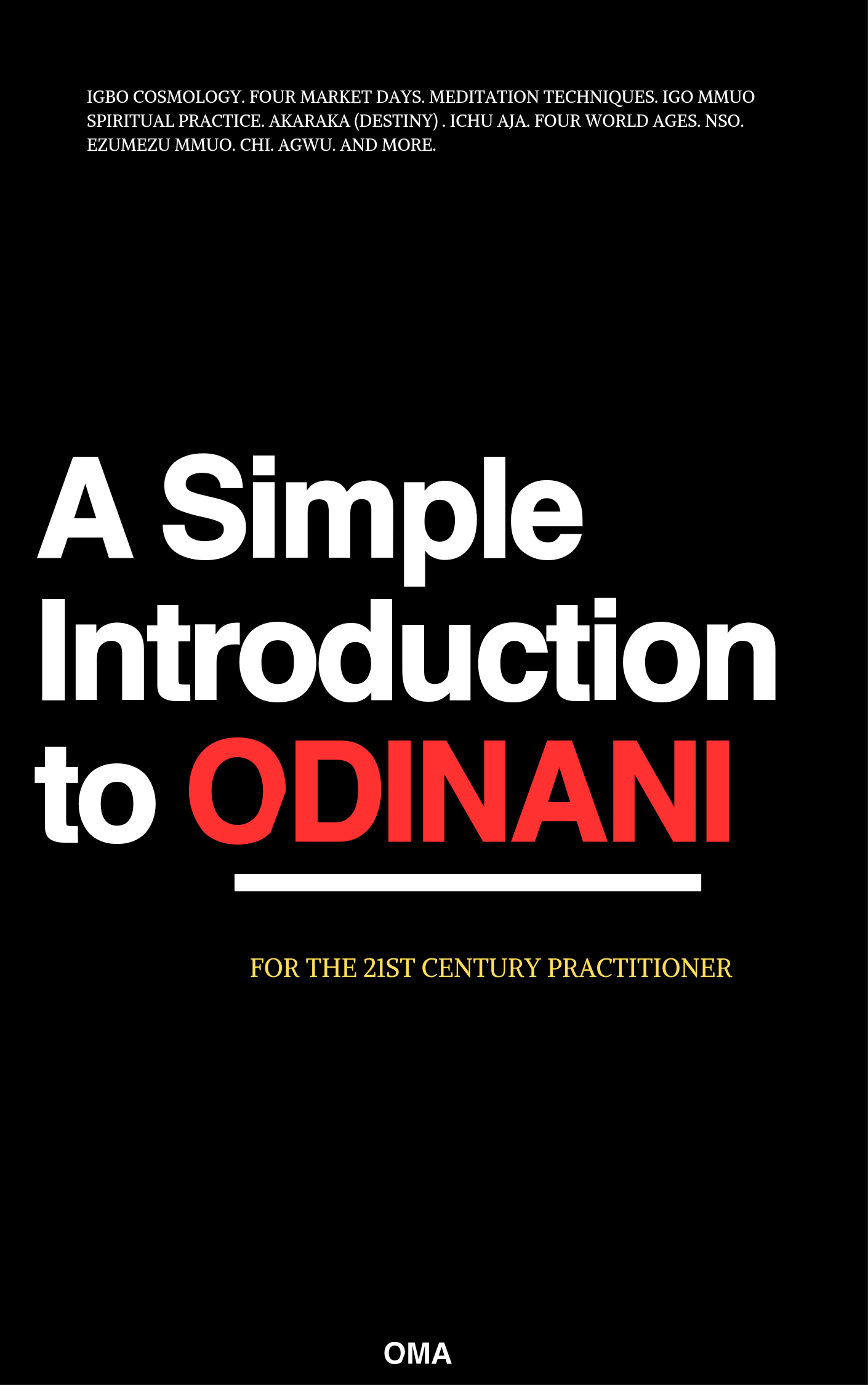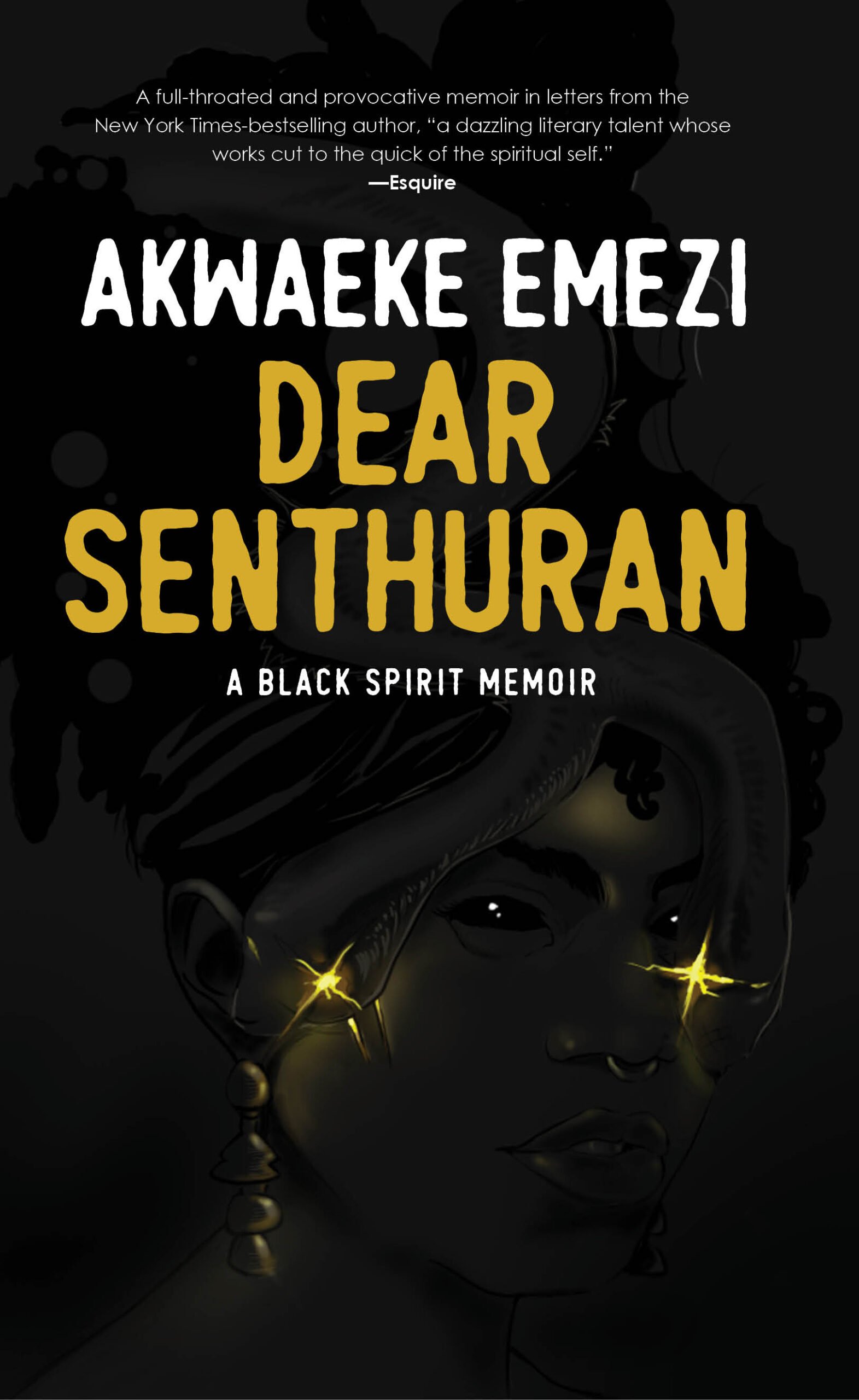Bottled Leopard by Chukwuemeka Ike (Book Review)
Blurb
Chukwuemeka Ike’s The Bottled Leopard brilliantly tells the story of an embattled schoolboy who has been chosen by his progenitors to bear the mystical power of his lineage, as well as the power to control a leopard.
The book tells of Amobi, a first year secondary school student, who is troubled by dreams of a leopard. Worried by the mysterious illness, his parents also had to consult a famous Dibia; who reveals the startling link between Amobi and the leopard of his dreams. Before Amobi can come to terms with his mystical leopard, he undergoes a series of frightening trials and tribulations
Introduction
I read this book as a little girl in primary school, but I still remember everything that happened in it because it was one of my favorite books growing up. I have re-read it so much that I can quote scenes by heart. This is an important book that I think everyone should read, especially as an Igbo young adult who is trying to understand themself and culture better.
Plot
This story follows the life of Amobi Ugochukwu, a young boy who has just gained admission into the government college. He is still in the first year in secondary school when he makes for the uppers with his best friend, Chuk, which means they break the school rule.
Now making for the uppers is a big deal in their school. It denotes bravery and strength. Usually, people don't make for the uppers in their first year, but wait till their later years. But Amobi and Chuck would sneak into the school orchard after lights out just to steal some fruits.
This in turn would earn them a suspension, but it isn't an entirely futile venture either, because it would also earn them great respect and accolades from both the senior and junior students.
Amobi’s friend, Chuk, is a biracial kid, with his parents in far away America. So when he is suspended with Amobi, he has nowhere to go, and so their house master convinces Amobi to take him home.
Amobi would take him to his hometown in Ndikelionwu, and lie to his family that they are on a special holiday, because the school wants Chuk to learn more about the Igbo culture.
It is during this holiday that Amobi manifests his spirit animal which is a leopard. Amobi always has this recurring dream where he sees a leopard and when something happens to this animal, he gets affected too.
When this leopard is caught in a trap, Amobi would cry loudly, lamenting that his legs have been caught in a trap, even though it's invisible.
This means that Amobi has a spirit animal, a leopard. And because he has not mastered the method of controlling this leopard spiritually, his animal spirals out of control and gets him in trouble. Sometimes, Amobi wakes up with tufts of hair between his teeth, and excruciating pains all over his body.
“The presence of a tuft of hair between Amobi's teeth had convinced Mazi Eze of the necessity to consult a dibia. Hair. Black and white hair. Too long and straight to be human hair. Different textures too. More like the hair of an animal – a goat or a sheep…”
So when he experiences this attack again during his visit with his best friend to Ndikelionwu, his father takes him to Dibia Ofia’s house, to find a permanent solution to the problem.
I enjoyed this scene where he and his father visited a Dibia. And I like the fact that the author demystifies the belief that dibias are bad and diabolic.
Amobi is astonished when he realizes that this Dibia is nothing like his imagination;
“No chalk marks anywhere on his body. Nothing to distinguish him from any other middle-aged, handsome, bearded, hairy chested man. No sign of grey hair anywhere…”
Whenever we think of a dibịa, we imagine a staggering old man with chalks all over his body, instilling fear. But that's not always the case. Most times, dibias are ordinary looking men and women who are called by their ancestors to carry on the ‘ịgba afa’ of their lineage.
So many people tag it paganism when people visit dibias to look for solutions to their problems, but that's just an effect of colonialism. The white man brought his own religion and preached his gods to Africans, while telling them their own gods were inferior and diabolic.
There are different dibias for different problems and I like the way the author explains this to us. To Amobi’s surprise, there is a portrait of the Blessed Virgin Mary and her son, Jesus Christ, in this dibia’s home.
This is to show that ‘ịgba afa’ doesn’t stand in the way of other religions or beliefs, and not as demonic as it is painted to be. And that is why we should make conscious efforts to read books like this, to understand more of our cultures and traditions.
Once Agwụ calls you, irrespective of your religion affinity or beliefs, then you must answer. And this is the case for Dibia Ofia.
“'Because I was a Christian, I refused to answer the call. So my battle with Agwu Ngene continued until I received a strong warning from a friend that if I continued that way I would die and be buried in an alien land. I heeded the advice. A branch of the ogilisi tree was cut and stuck into the ground, and a cock offered as sacrifice to Agwu. All at once, I regained my full sight.
That same day I came home to carry our akpa agwu…”
It turns out that Amobi is indeed a leopard-man, and is a reincarnation of his father's late brother, Nnanyelugo, the greatest leopard man in their family.
This revelation frightens Amobi, and upon his request, the Dibia seals off his powers as he bottles his leopard, and as such lets Amobi live his life as freely as any other ordinary man.
Themes
The theme of Igbo spirituality: This book is a great introduction into Igbo spirituality and mythology. Through Amobi we learn about the Dibia. The author does a great job in demystifying the Dibia, and we change our mindset about dibias.
Dibias are not diabolic or barbaric. They are simply vessels that our ancestors use to speak to us. And they can go ahead to be whatever they want to be. Some of them are professors, some are professionals in the different fields of life they're working on.
But just as there are good and bad doctors, there are also good and bad dibias. But we cannot write the good ones off simply because the bad ones are giving them bad names.
Totemism: Totemism is a belief system that involves a mystical or kinship relationship between a group of people and a spirit-being, such as a plant or animal. The spirit-being, or totem, is thought to act as a symbol or emblem for the group or individual.
In this book, Amobi has a spirit animal, a leopard. This leopard doesn't manifest when he is a child, but waits till his adolescence to start manifesting. This leopard comes out whenever it senses that Amobi is in danger, or his family has been mistreated.
However, the good news is that it can be sealed till whenever. So the owner of the spirit animal can go about their normal business and live an ordinary life without being scared of their animal acting out.
The theme of bullying in secondary schools: Apart from the central theme of this book which is Amobi’s ordeals with his leopard, the author touches a very important topic too, which is bullying in secondary schools, particularly in boarding schools.
Even though this book was written in the 80’s, a lot of the bullying the students face in this book is still attainable in Nigerian secondary schools which is really sad. Which makes us question if the country is actually going backward or forward.
Final Thoughts
This is a book I would always sing its praises. Written in simple language, Ike has written a very important and fascinating book that everyone must read.
I also like the fact that this book is not centered on Amobi and his issues alone. We also get to see the multi-facatedness of the story. We learn about life in the boarding school in the 80’s and how people navigated their lives during that time. I urge everyone to read this book.






